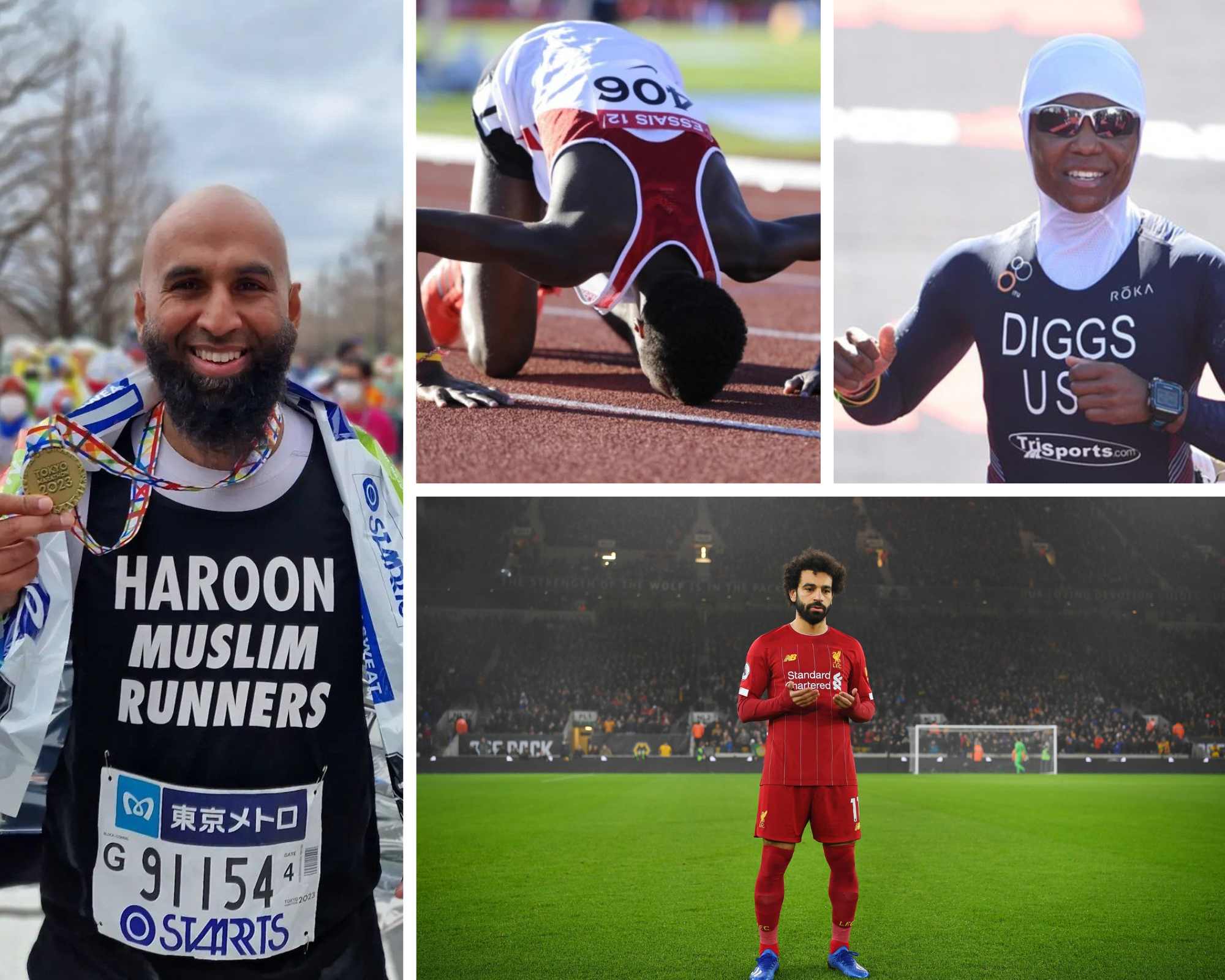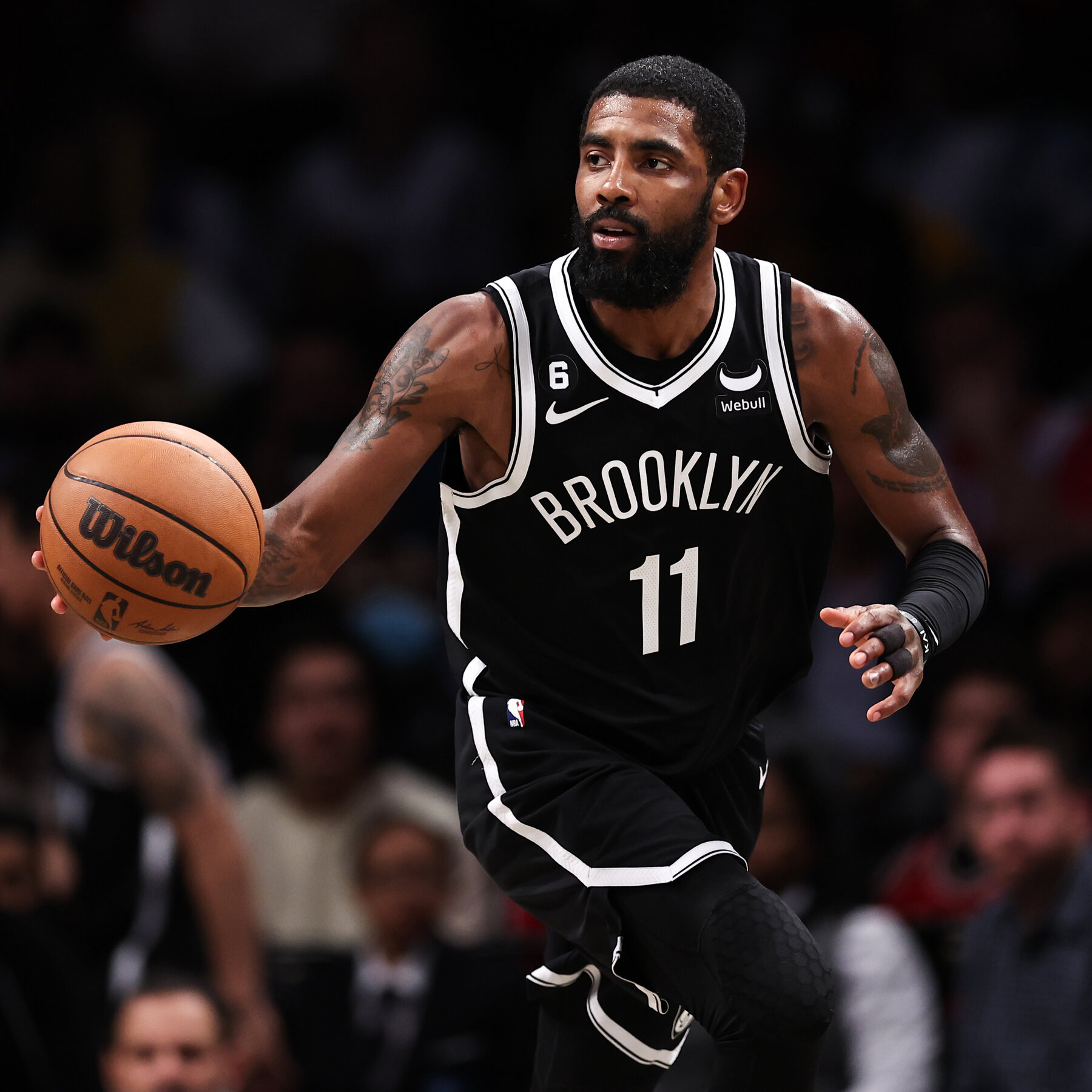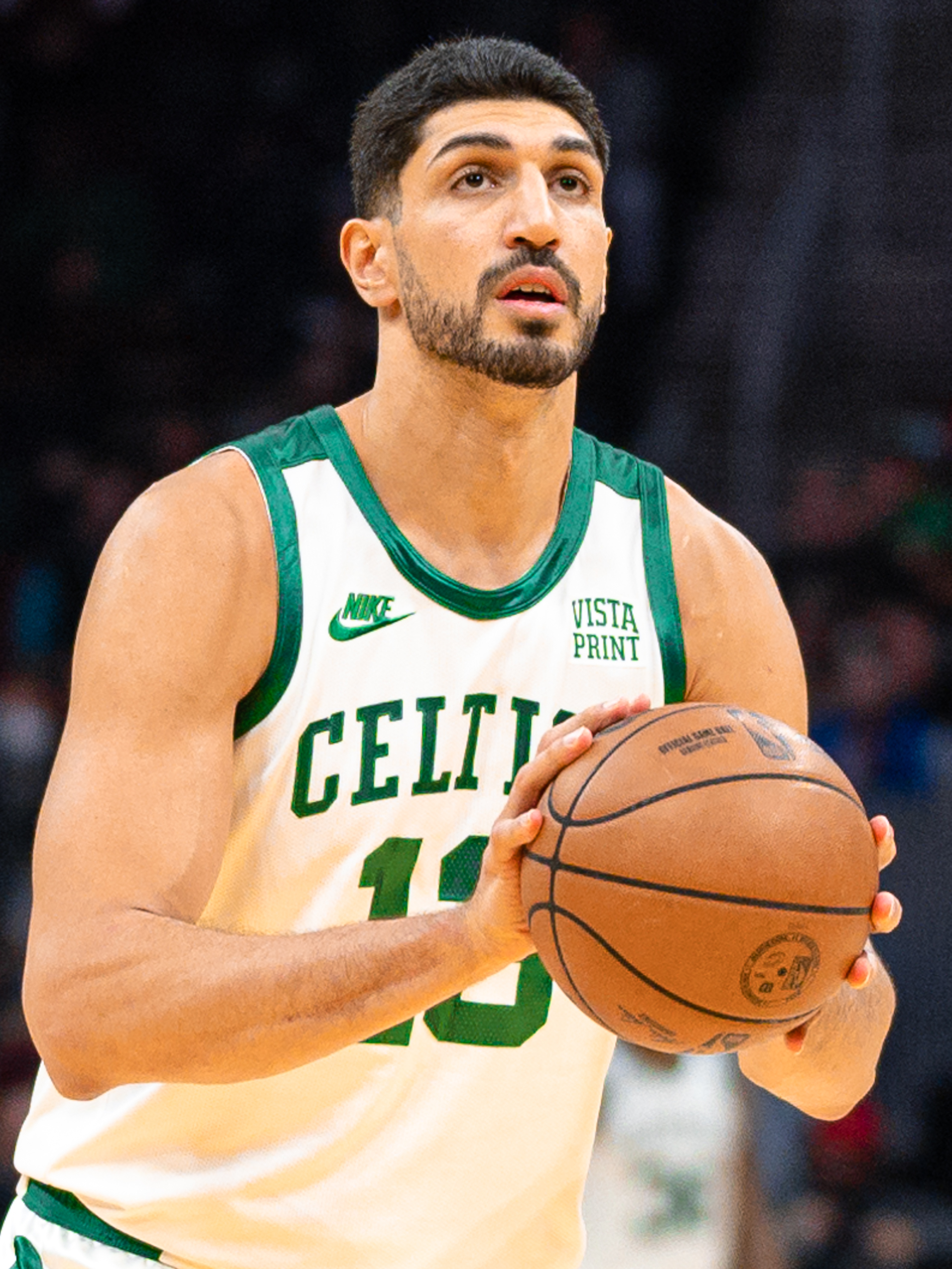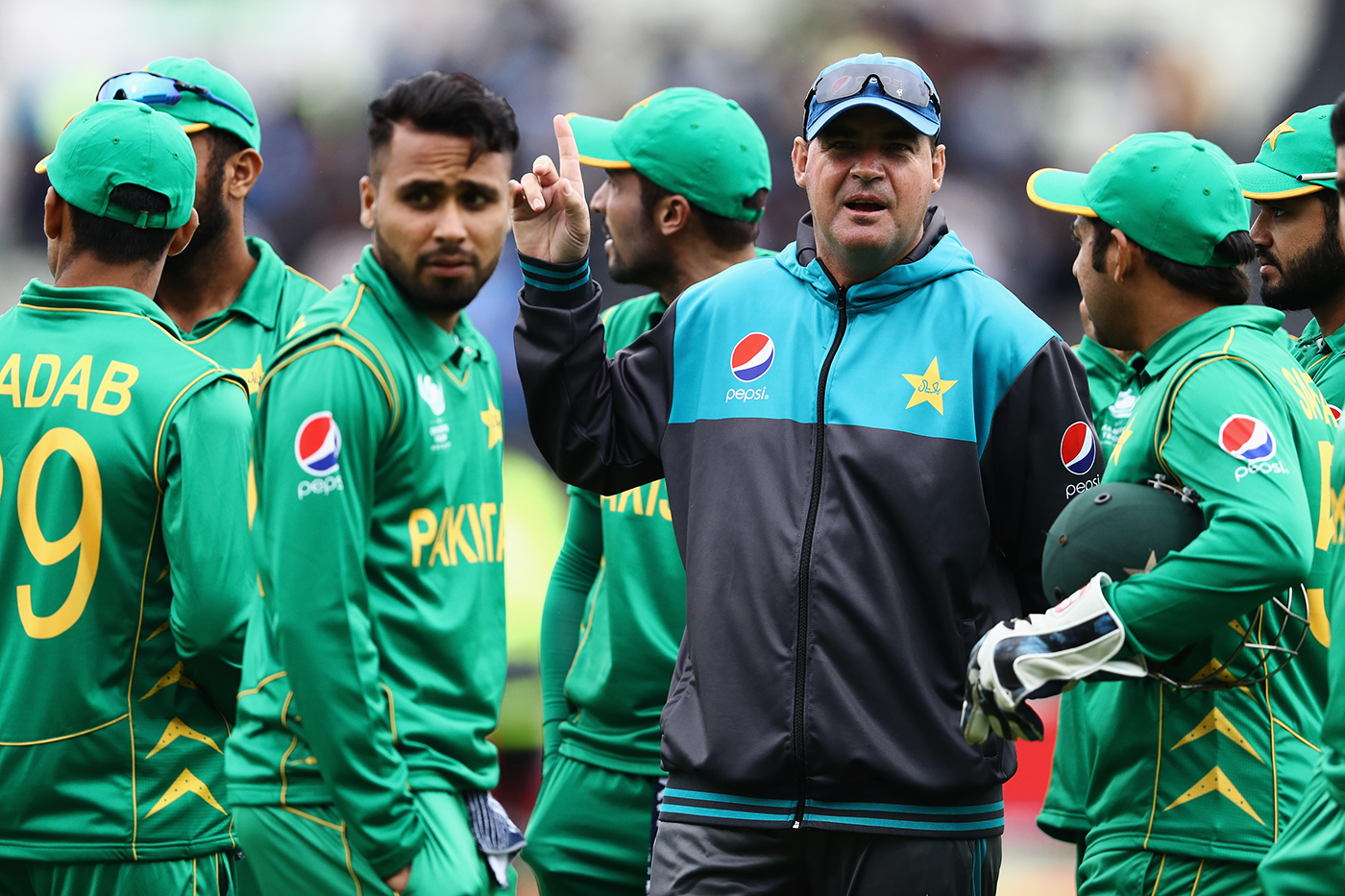Ramadan and Sports: How Muslim Athletes' Religious Rights Increasingly Get Official Support

This year during the holy month, when Muslims fast from dawn to dusk, more official sporting bodies in western countries are recognizing the needs of their Muslim athletes.
North America’s Major League Soccer (MLS) has been moving towards accommodating professional athletes participating in Ramadan.
The English Premier League as well as Germany’s Bundesliga led the way in allowing referees to pause games at sunset to allow Muslim players to break their fast for water and a snack.
 However, Chair and co-founder of the U.K.-based Muslimah Sports Association (MSA), Yashmin Harun says players often do not expect accommodations on their behalf, “they want to be treated the same.”
However, Chair and co-founder of the U.K.-based Muslimah Sports Association (MSA), Yashmin Harun says players often do not expect accommodations on their behalf, “they want to be treated the same.”
MSA provides a space for Muslim women to play sports without fear of judgment. The nonprofit serves more than 15 sports including basketball, soccer, karate, fencing and tennis.
 MLS players have expressed gratitude for recognition of their faith, “It’s a big sign of respect. I’m extremely grateful,” said Vancouver Whitecaps wing-back Ali Ahmed. “Not many other leagues have done this. They’ve been very, very accommodating.”
MLS players have expressed gratitude for recognition of their faith, “It’s a big sign of respect. I’m extremely grateful,” said Vancouver Whitecaps wing-back Ali Ahmed. “Not many other leagues have done this. They’ve been very, very accommodating.”
In contrast to MLS and other European leagues, the French Football Federation sent an email to referees instructing them not to pause games for religious reasons. France’s national football team even suggested their Muslim players postpone their fasting while the team plays during Ramadan.
Athletes who observe Ramadan may adjust their training schedule to accommodate the fasting period. This may include training sessions during the early morning or late evening when they are allowed to eat and drink.
Fasting athletes carefully plan their pre-dawn and post-sunset meals to ensure they are getting adequate energy and hydration to support their performance and recovery.
“They see themselves performing better during Ramadan, they feel much more alert, they feel much more energized, they feel much more concentrated on performing … even though they have a disrupted sleep pattern and the diet is very different,” says Harun.
 Last year, for Kyrie Irving of the Brooklyn Nets, Ramadan started during the NBA playoffs. After scoring 34 points in a playoff series game on April 12, Irving shared how he was able to perform at a high level while observing the holy month.
Last year, for Kyrie Irving of the Brooklyn Nets, Ramadan started during the NBA playoffs. After scoring 34 points in a playoff series game on April 12, Irving shared how he was able to perform at a high level while observing the holy month.
Irving remains one of the most outspoken athletes in and out of the NBA when it comes to his faith.
"I am not alone in this," he said. "I have brothers and sisters all around the world that are fasting with me. We hold our prayers and our meditations very sacred and when you come out here, I mean, God's inside me, God's inside you, God's inside all of us. So, I am walking with faith and that's all that matters."
 Aside from Irving, Omer Yurtseven (Miami Heat), Gorgui Dieng (Atlanta Hawks), Jaylen Brown (Boston Celtics) and Enes Kanter Freedom are other Muslim players competing in the playoffs.
Aside from Irving, Omer Yurtseven (Miami Heat), Gorgui Dieng (Atlanta Hawks), Jaylen Brown (Boston Celtics) and Enes Kanter Freedom are other Muslim players competing in the playoffs.
Freedom wrote an op-ed for the Washington Post in 2019 describing his experience of fasting while playing. "I want to be an example for children everywhere, showing them that you can thrive when challenged — fasting for Ramadan, for instance, but also going all out in the NBA playoffs," Freedom said.
In the UK, in 2021 Leicester City's match with Crystal Palace had been paused mid-game to allow players to break their fast in what is believed to have been a Premier League first.
On that occasion, both clubs agreed pre-match with referee Graham Scott that there would be a pause in play to allow Wesley Fofana and Cheikhou Kouyate to break their Ramadan fast. The former went on Twitter to show his appreciation.

Of course, observing Ramadan by all-Muslim teams from Muslim countries has been a long-held tradition. Yashmin Harun cites the success of the Pakistani National Cricket team who has won many titles while also fasting during Ramadan, including the Champions trophy in 2017.

Their Head Coach, former South African cricketer, Mickey Arthur, said he was impressed with the dedication his players show to their faith, “I was blown away by the morals and values. The culture was just so pure, so good. Ramadan is a very, very important time in the Muslim faith.”
While fasting is one of the five pillars of Islam there are exceptions for those who are ill or have special hardships. In the sporting world, any athlete with underlying medical conditions should monitor their health during Ramadan and consult with qualified religious scholars or healthcare professionals to seek guidance on how to balance their religious observance with their athletic performance.




